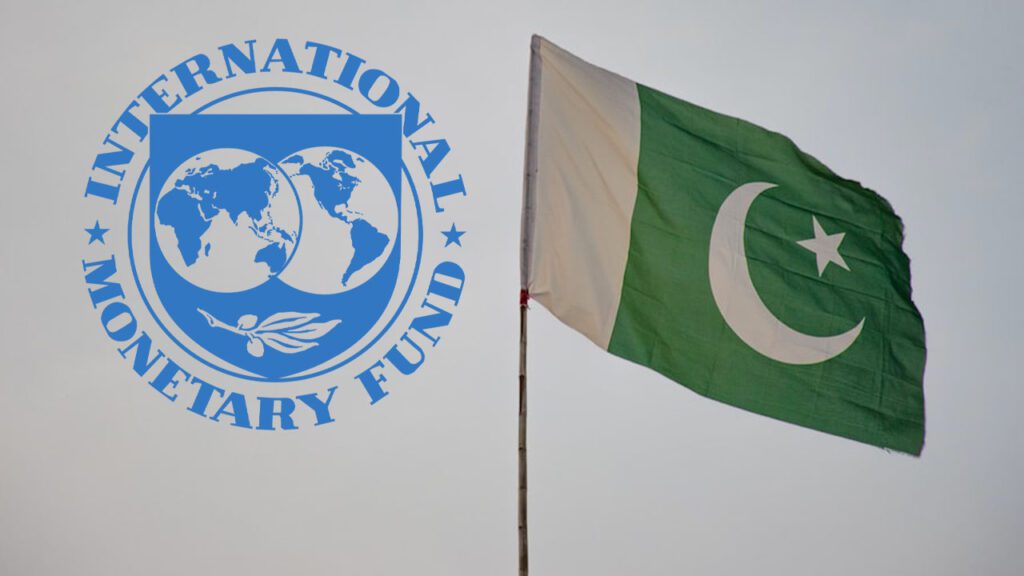- Web
- Feb 05, 2026
IMF lowers projection for Pakistan’s external financing needs
-

- Web Desk
- May 11, 2024

WEB DESK: The International Monetary Fund (IMF) has revised down its estimate for Pakistan’s gross external financing requirements to $21.044 billion for the fiscal year 2024-25.
This figure represents 5.5 per cent of the country’s Gross Domestic Product (GDP), a decrease from the previous fiscal year’s $24.965 billion, which accounted for 7.1 per cent of GDP.
In its latest report titled “Second and Final Review under the Stand-By Arrangement (SBA),” the IMF highlighted the significant financing needs, both external and domestic, anticipated in the upcoming years.
The report highlighted the necessity for sustained policy adjustments beyond the SBA period to secure this financing and prevent a resurgence of fiscal and balance of payments pressures.
The IMF’s projections indicate available financing of $25.379 billion for the fiscal year 2024-25, compared to $26.533 billion for the outgoing fiscal year.
Despite a shortfall in the delivery of SBA financing commitments for the fiscal year 2024, with $4.0 billion disbursed out of the requested $4.6 billion, some disbursements are expected to spill over into fiscal year 2025.
This shortfall has been offset by a tighter current account and savings resulting from a debt restructuring with a major bilateral creditor before the first review.
However, the report underscores the importance of timely delivery of the remaining commitments, given Pakistan’s external vulnerabilities.
Medium-term risks stem from substantial public sector external rollover needs, a persistent current account deficit, challenges in the external environment for Eurobond and Sukuk issuance, and limited reserve buffers.
The IMF’s exposure to Pakistan amounts to SDR 6,546 million, equivalent to 322 per cent of the country’s quota and approximately 102 per cent of projected gross reserves as of end-April 2024, upon completion of all purchases under the SBA.
The report identifies several exceptionally high risks, including delayed implementation of reforms, elevated public debt and financing requirements, low gross reserves, fluctuations in inflows, and socio-political factors, all of which could impede policy implementation and undermine repayment capacity and debt sustainability.
Restoring external viability is deemed critical for Pakistan’s ability to meet its obligations to the IMF, contingent upon robust policy implementation, such as accumulation of external assets and flexibility in the exchange rate.
Furthermore, geopolitical instability adds another layer of risk, although uncertainty surrounding global financial conditions has somewhat abated since the previous review.
Read next: Pakistan seeks UK investment in key sectors




